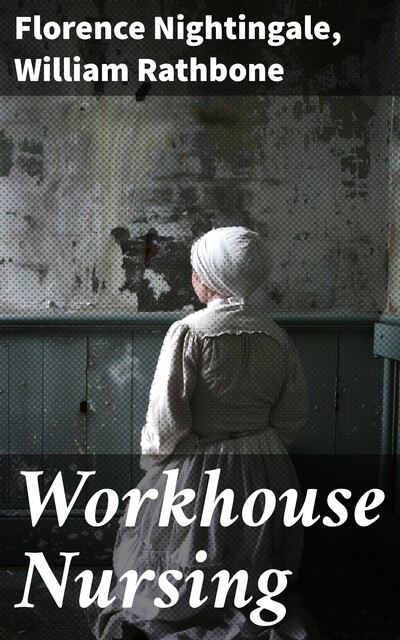We use cookies to improve the Bookmate website experience and our recommendations.
To learn more, please read our Cookie Policy.
To learn more, please read our Cookie Policy.
Accept All Cookies
Cookie Settings
Workhouse Nursing serves as a seminal exploration into the evolution of healthcare in 19th-century England, examining the compelling transformations within the workhouse infirmaries. The anthology carefully curates a diverse array of writings, ranging from insightful narratives to thoughtful analyses, encapsulating the ethos of social reform and humanitarianism. The collection weaves together a tapestry of themes such as the intersection between medical practice and social justice, the plight of the impoverished, and the indomitable spirit of those striving for change. Of particular interest are pieces that engage with the complexities of care within these institutional settings, highlighting both the challenges and triumphs in establishing a rudimentary healthcare system. Helmed by the pioneering minds of Florence Nightingale and William Rathbone, the contributors to this anthology are united by their dedication to social reform and healthcare advancement. Nightingale's revolutionary contributions nurse's training and Rathbone's philanthropic initiatives illuminate the broader historical and cultural movements of the time. Their collective voices echo the enduring struggle for dignity and efficacy in healthcare, aligning with both the sanitary reform movement and the broader Victorian concern for public welfare. Through their enlightened perspectives, readers gain a nuanced appreciation of the interplay between societal needs and institutional care. This compendium is an indispensable resource for anyone keen to understand the history of healthcare delivery and social reform. By engaging with these transformative works, readers not only immerse themselves in a pivotal period of social history but also partake in a dialogue that traverses time and perpetuates discussions about ethical caregiving. Workhouse Nursing offers a multifaceted platform for learning, challenging readers to reflect on past struggles and inspire compassionate advancements in modern health and social care systems.
more
41 printed pages
- Copyright owner
- Bookwire
- Original publication
- 2023
- Publication year
- 2023
- Publisher
- Good Press
Have you already read it? How did you like it?
👍👎
fb2epub
Drag & drop your files
(not more than 5 at once)


